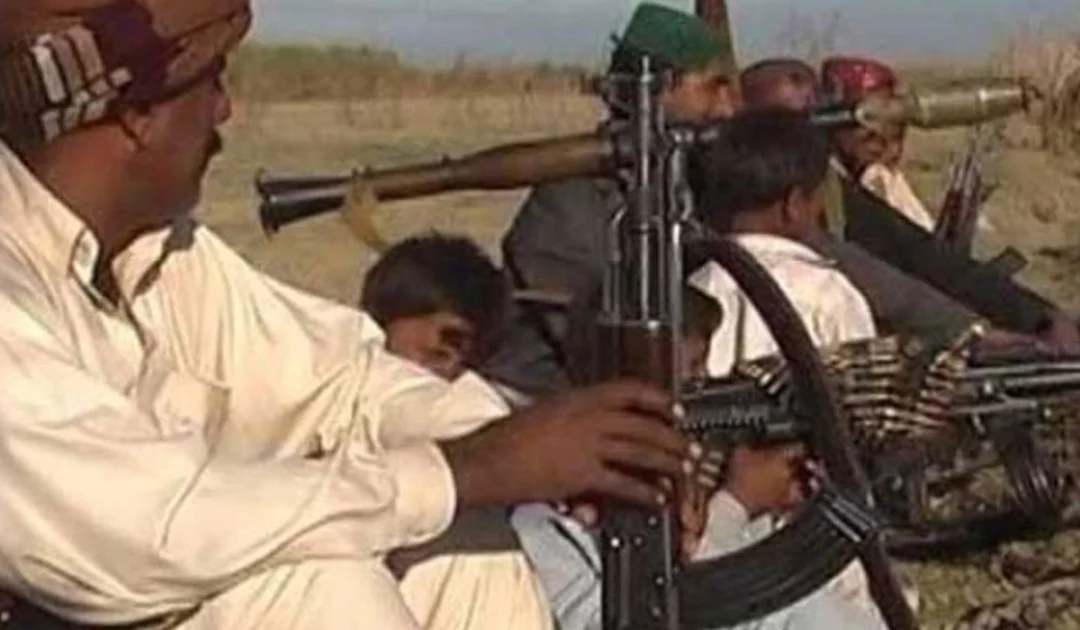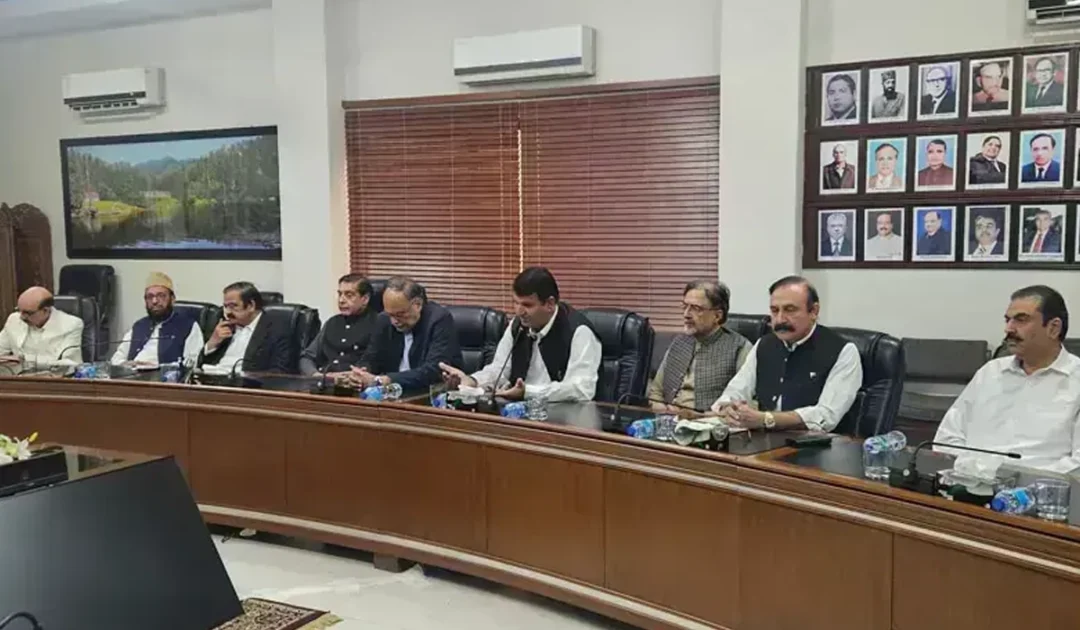- Web Desk
- 10 Hours ago

A very Pakistani independence: greener glory, greyer realities
-
- Web Desk
- Aug 14, 2025

By Maira Suleman
Like every Independence Day, flags are being waved across every street, ‘Jeevay Jeevay Pakistan’ is playing on loop, and kids are running around with their ‘Azadi Mubarak’ headbands on. But under all this patriotism, even beneath the hashtags and speeches, what does Pakistan really mean to us? To find out we decided to ask people of different age groups, from teenagers to the elderly, to find out what they feel about living in Pakistan, their dreams, and whether they would choose to stay over finding out if grass is actually greener on the other side.
The young ones:
This group has never known Pakistan sans internet, yet they are the most conflicted generation. Having graduated into a collapsing job market, navigating inflation, they constantly compare Pakistan with other places thanks to the inescapable social environment. Ask them about Pakistan, and you’ll get a mix of pride and frustration. They love the food, the humour, and the cultural warmth. They’ll talk about the thrill of PSL matches, about chai dhabas where politics and poetry blend in the same breath. But their pride is tinged with restlessness.
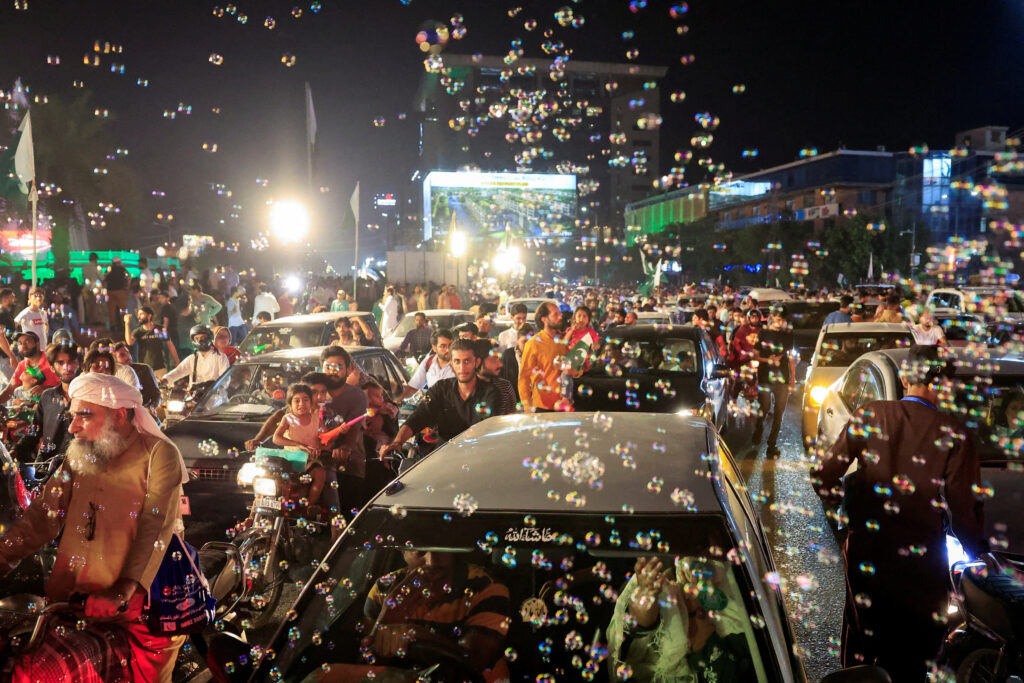
In 2023 alone, over 800,000 Pakistanis officially left the country for work or study. Canada’s immigration draws, the UK’s graduate visa, and Gulf employment contracts are daily conversation topics.
“This is because everyone wants to raise their living standards, so if I see my growth in that situation, I will definitely move,” says 22yo Roshina, who is a university student now stepping into her last semester.
Pakistan’s flag waves on Google homepage to mark Independence Day
Not only her, but a lot of youngsters now aspire to move abroad, but maybe not not for good, but to at least gain something valuable, a degree, some qualification, or perhaps just the experience they believe they cannot access in Pakistan.

When asked, Shehzad, answered that he too wants to go abroad to pursue higher studies because foreign degrees do have more weightage than local ones: “But I don’t want to shift permanently, I would like to live there for a certain period like a month or more with my family is my wish, but not permanently.”
As his response suggests, people do feel connected to Pakistan and want to live within that culture as well, but the professional environment feels stagnated, from the credibility of their qualifications to the ability to earn well, these factors make their attachment to Pakistan estranged.
Those who think they have seen it all
This group has lived through different eras: the unstable 1990s, the Musharraf years, the War on Terror, brief economic upticks, and the present ‘stability’. They’ve seen the country both at its lowest as well as its pinnacle (as we know it). For many, the decision to stay is practical. Their businesses, careers, and social networks are rooted here. They’ve built homes, invested in property, and raised children, and starting over abroad feels too disruptive, if not impossible.
Many in this age group believe Pakistan has survived worse and will recover again. They’ve built lives here and feel invested in keeping the country functional, if not thriving. While some stay by choice, others stay because leaving wasn’t an option, failed visa attempts, insufficient funds, or unwillingness to uproot families from established routines.
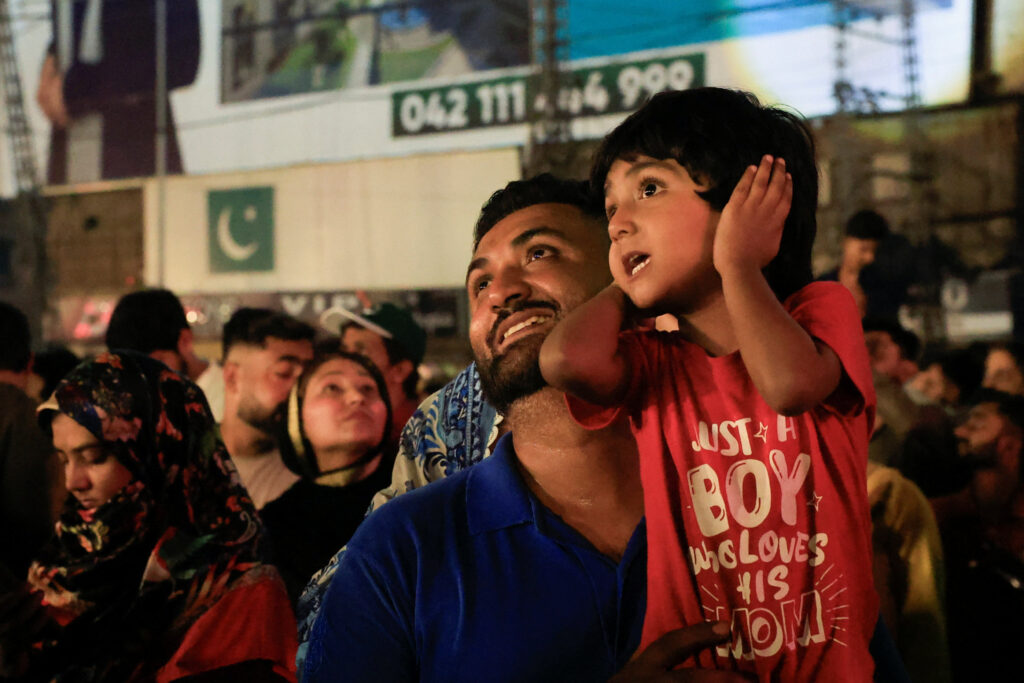
“I would encourage people to move out of Pakistan. The lifestyle constraints here are just too limiting. While the rest of the world moves forward, exploring opportunities and improving their quality of life, we don’t get that chance. Here, you can’t afford to stop earning even for a short while because your daily expenses and food bills won’t wait. No matter how much you earn, most people end up living hand-to-mouth. It’s a constant struggle just to keep up,” says Sihal.
This highlights the major issues that people ultimately face, no matter how much they earn, the expenses start following them around too, and the concept of savings has now just been a myth for most people. They start from kids’ school fees, utilities, rents, groceries, and daily maintenance, and are ever-continuing. That of course does not mean that life abroad would be a bed of roses rather the only perhaps respite is that you get some advantage of paying your taxes.
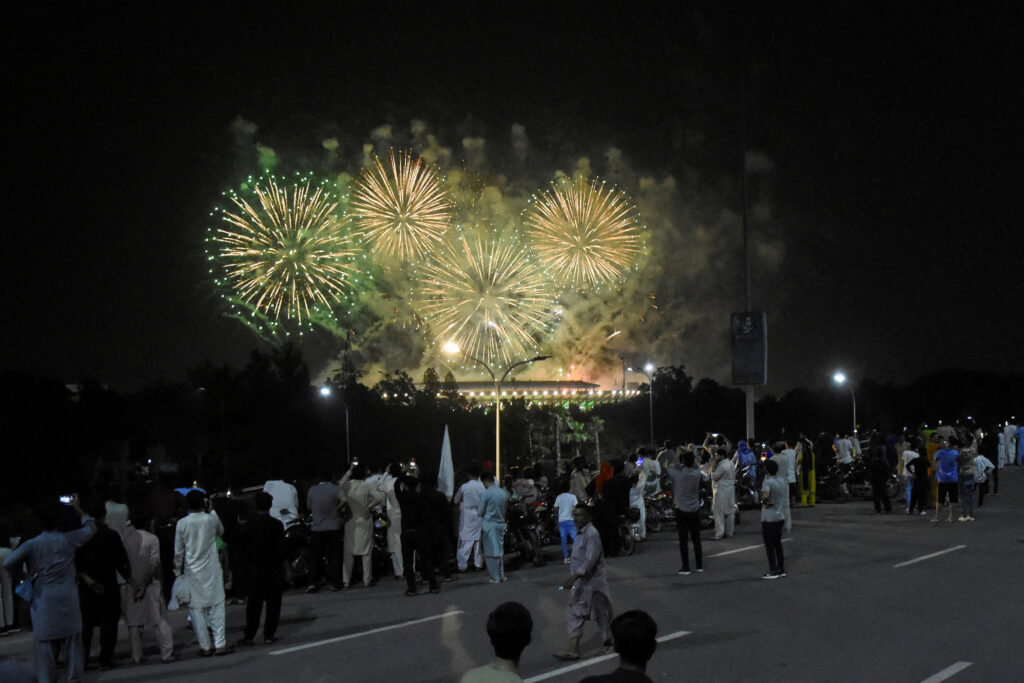
Another interviewee of ours, Hina, who’s a housewife, said: “Life here is too tight. You work day and night, and still the money just slips through your hands; we’re only ever just managing. Think about the kids’ future; even getting proper, quality food is hard. The children have talent, but no one here helps polish it. Even the ones with top grades can’t always get into good universities. Abroad, an ordinary person’s basic needs are met, the environment is better, and there’s one law for everyone. Here, we’ve got three different classes of law. The rest of the world is moving ahead, and we’re just stuck making ends meet.”
Independence Day brings renewed fervour after May clashes
Therefore, from the perspective of people who have lived through it all, juggling family responsibilities, work, and survival, the conclusion is clear: life abroad offers more stability than they have ever truly known here. They’ve lived through inflation after inflation, where no matter how much you earn, it’s never enough, and the smallest pause in income threatens the family’s survival. And even the brightest students can’t access the right universities due to cost, corruption, or lack of seats.
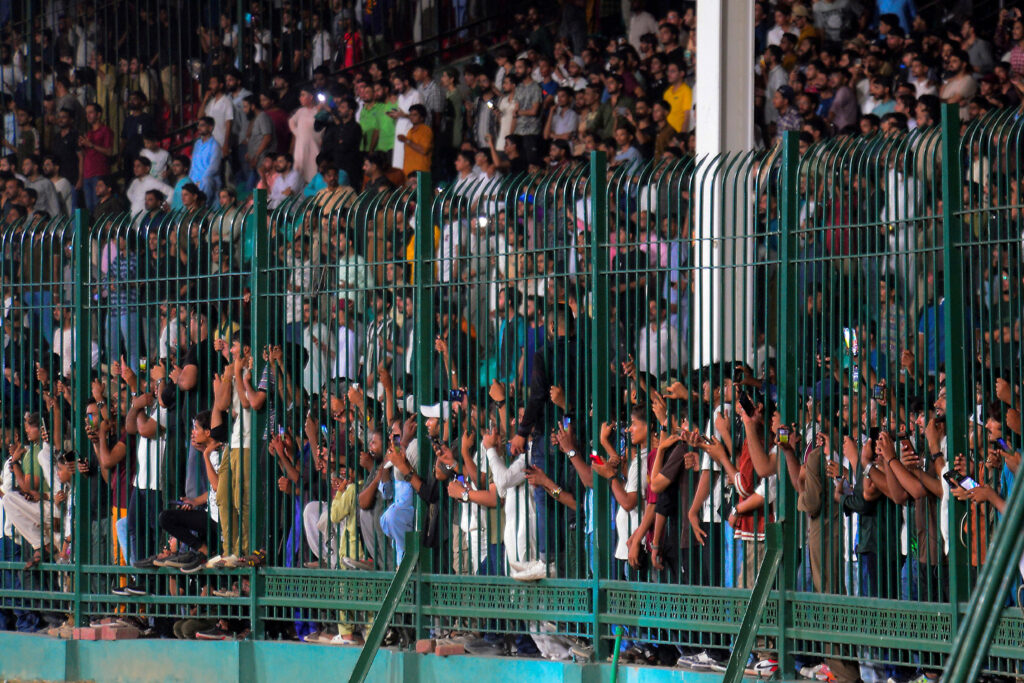
They’ve seen firsthand how abroad, ordinary people have their basic needs met, live in cleaner and safer environments, and follow one law that applies to all. Here, they see a three-class system of justice, widening inequality, and an economy that demands constant hustle without long-term security. Although not everybody goes through the same cycle, now a lot of people have adjusted, and for them, shifting abroad seems like a very exhausting and anxiety inducing process that takes up way more energy, which comes with distance from family, a change in values, and having to leave all their foundations behind.
Elderly:
They remember a Pakistan that was slower, safer, and more personal. Streets where children played till dusk without fear, neighbours who knew each other’s families, and political leaders who, for better or worse, inspired genuine belief in progress. For them, Pakistan is not just a country but a repository of personal history. The land where they were married, raised children, and buried parents, and leaving now unthinkable. Some are set in their ways and often turn to take a dip in nostalgia to fuel their lives away from despondency.
But a country that boasts a youth bulge, those governing Pakistan must do better to ensure that the talent is retained and rewarded, and brain drain is not lauded in guise of amassing remittances. This Independence Day, one can hope for days filled with optimism that does not get revitalised on August 10 and drains away by the evening of August 14, but a country where there is gender-equality, opportunities for everyone and not a select few, and peace and security for every single Pakistan irrespective of their origins.



